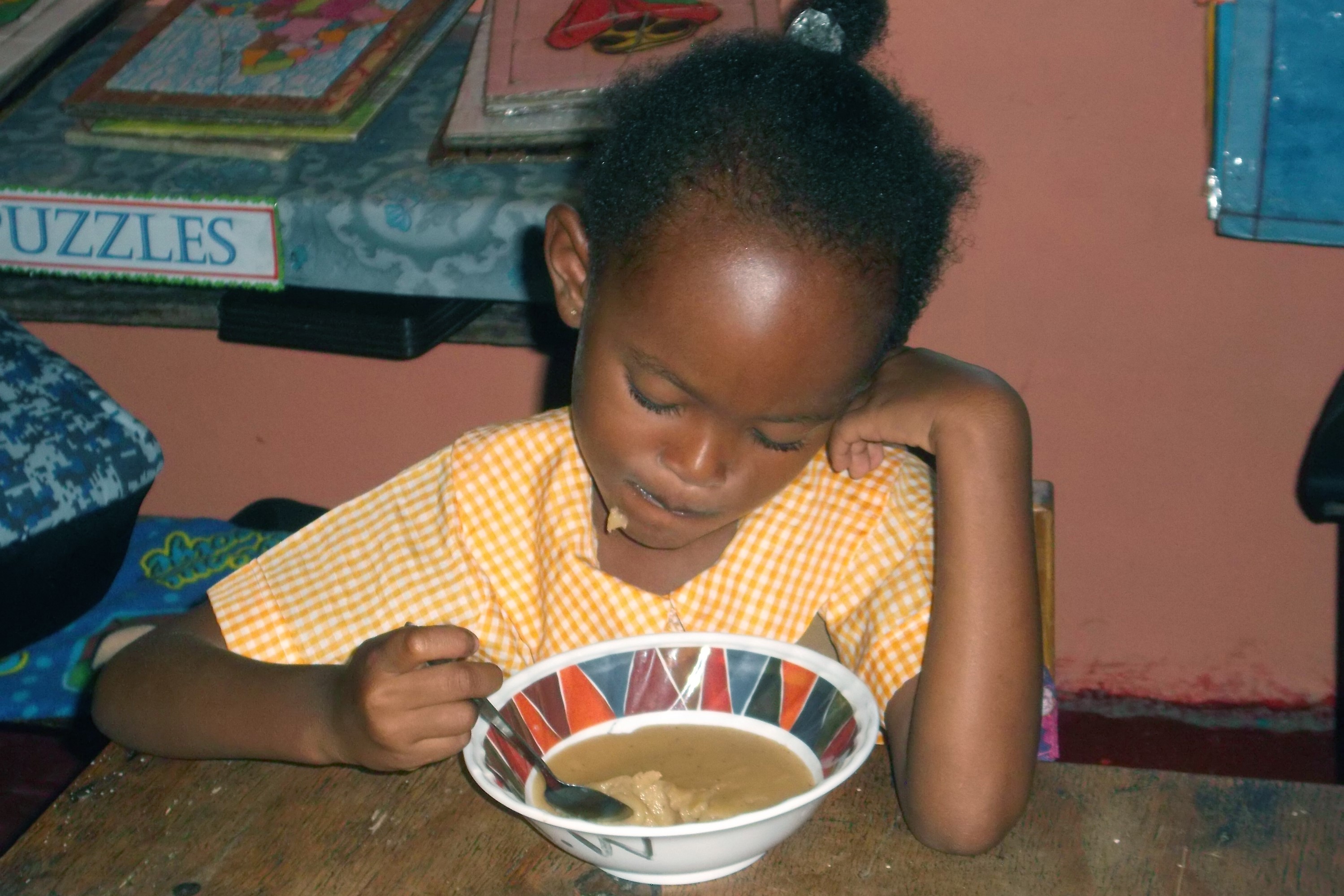Blog: Caribbean Foodscapes Research Project
Henrice Altink outlines the Caribbean Foodscapes Research Project and its focus on the historical and epidemiological transitions in urban Caribbean foodscapes.

By Henrice Altink
There is an urgent need to create healthy environments that enable easy access to healthy and nutritious food, particularly in low and middle-income countries, and cities in an increasingly urbanising world are ideal places for such transformation. The project aims to build an interdisciplinary methodological capacity to tackle this challenge. Based in Kingston, Jamaica (and doing some scoping work in Port-au-Prince, Haiti) this project will explore the ways cities impact on their populations’ food practices and opportunities and subsequent health outcomes. We aim to understand underlying mechanisms that have led to both ‘unhealthy’ spaces (e.g. fast food dense neighbourhoods) or ‘healthy’ spaces (e.g. urban gardens).
Aim: To inform the prevention of chronic diseases by enhancing healthy eating strategies.
What is the project: A cross-disciplinary exploration of historical and epidemiological transformations in the city Kingston (Jamaica):
- To identify the ways Caribbean cities impact on their populations’ food practices, opportunities and in turn health;
- To understand underlying mechanisms that have led to both ‘unhealthy’ spaces (e.g. fast food dense neighbourhoods) or ‘healthy’ spaces (e.g. urban gardens);
- To investigate how these social, political and economic determinants of nutrition have developed and shaped into contemporary foodscapes.
Why we are doing it:
- Challenge for public health policy and practise to effectively promote adequate nutrition in Caribbean populations
- There is a disproportionate focus on individuals’ behaviours and choices
- Insufficient attention to larger influences such as food cultures and food systems
- Need to create healthy environments that enable easy access to healthy and nutritious food
- Cities in an increasingly urbanising world as ideal places for such transformation
- The important role of urban planning in these approaches to create healthy urban food environments
- Need to build interdisciplinary methodological capacity to tackle this challenge
Our work strategies:
- Feasibility research, merging methods from historical and health research
- Historical work package: will use online newspaper archives to examine changes in food production and consumption, the availability of food outlets, and dining habits from the Second World War to present.
- Health work package: will examine major epidemiological trends in nutrition for the same time frame and assess its impact on NCDs through an analysis of existing public health survey and routine data, and combine this analysis with focus group data on contemporary food practices and choices.
What groups of stakeholders are being engaged and how?
- Regional stakeholders from academia, government and civil society convened in Jamaica in June 2018 for a Project Co-Development Workshop to agree on common research goals that tie into current practice and policy projects (e.g. regeneration plans for parts of Kingston);
- Stakeholders identified in the above workshop have been consulted throughout the duration of the project;
- Regional stakeholders reconvened in 2019 for a final Project Co-Analysis Workshop to analyse the data and develop a sustainable collaborative research strategy and future projects.
Where:
Kingston, Jamaica
Port-au-Prince, Haiti (initial scoping work)
Outputs: An interactive map of the evolution of foodscapes (that maps health data onto the historical data), which will be used to engage with both policymakers and the public as a tool to aid the creation of healthy environments that enable easy access to healthy and nutritious food.
And what after this?
- Apply for funding to expand research and policy engagement work to the wider region and similar settings;
- Work with knowledge translation and exchange experts to integrate the findings into policy and practice.
This article by Henrice Altink was written for and originally published on the Caribbean Foodscapes Research Project blog and is republished here with permission.
The photograph used in this article was posted with permission by the Trees That Feed Foundation.
Contact us
Interdisciplinary Global Development Centre
igdc@york.ac.uk
01904 323716
Department of Politics and International Relations, University of York, Heslington, York, YO10 5DD, UK
Twitter
Contact us
Interdisciplinary Global Development Centre
igdc@york.ac.uk
01904 323716
Department of Politics and International Relations, University of York, Heslington, York, YO10 5DD, UK
Twitter